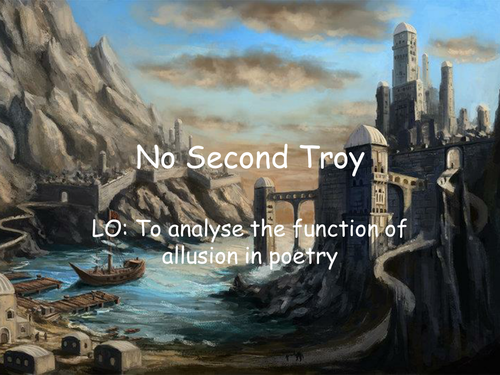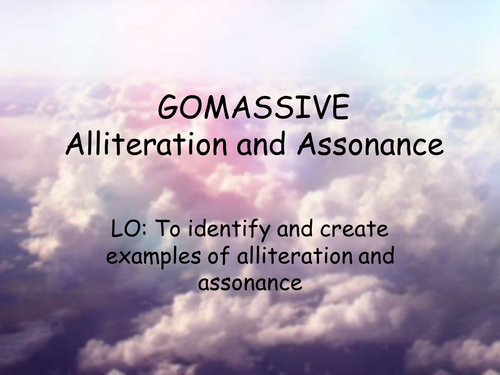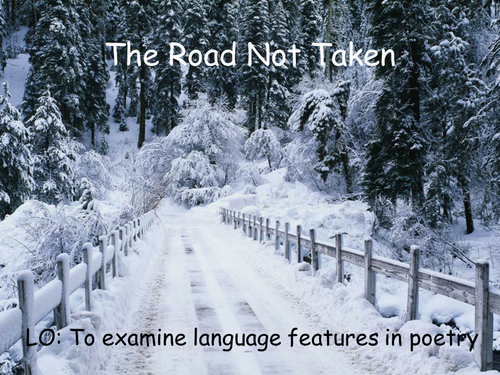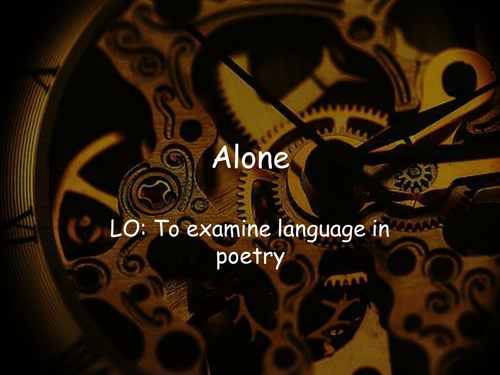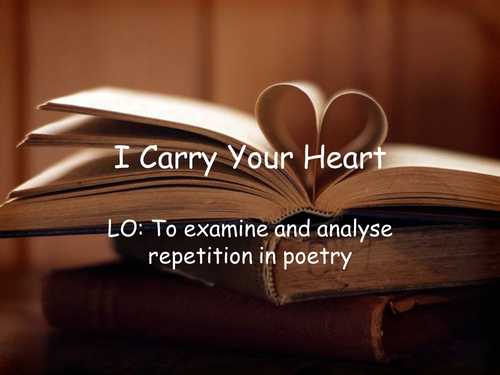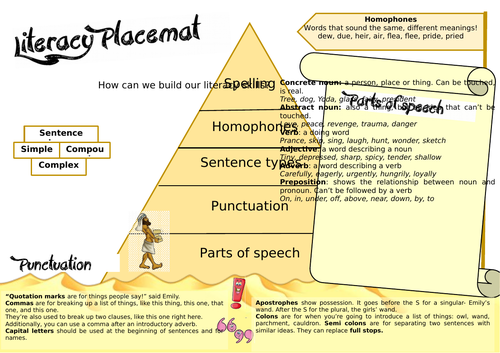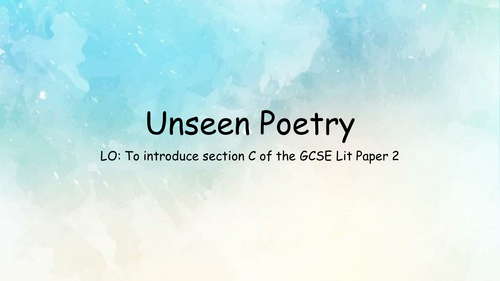Tess of the d'Urban Quills
I'm a passionate secondary English and History teacher and am the main planner of resources for my department; as such, I thought I would start sharing them here with the wider community of teachers and professionals. I am Australian trained, but currently teaching GCSE and A- Level (AQA specifications). All lessons are very visually engaging, with images, clips and a variety of activities. You won't find any boring/blank resources here!






